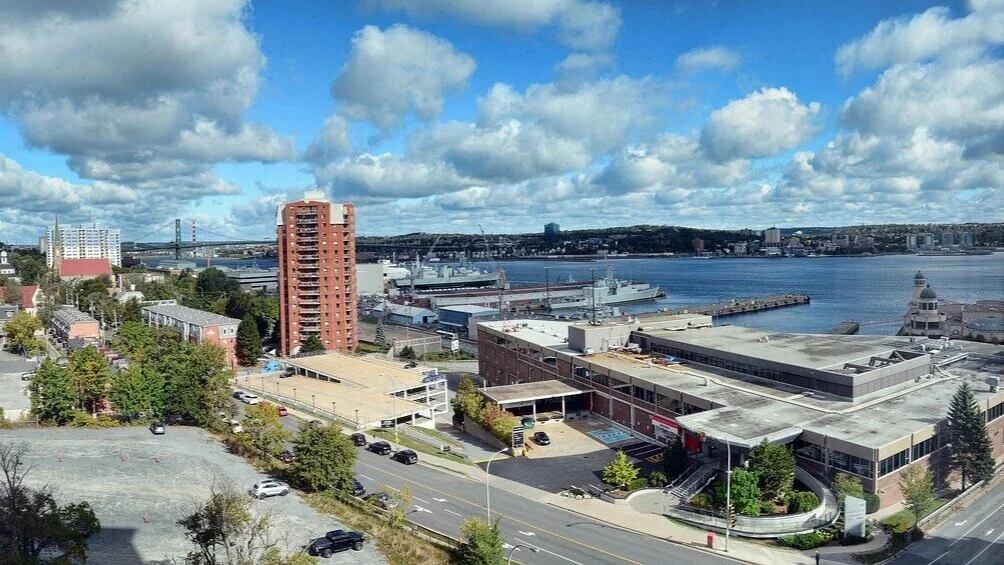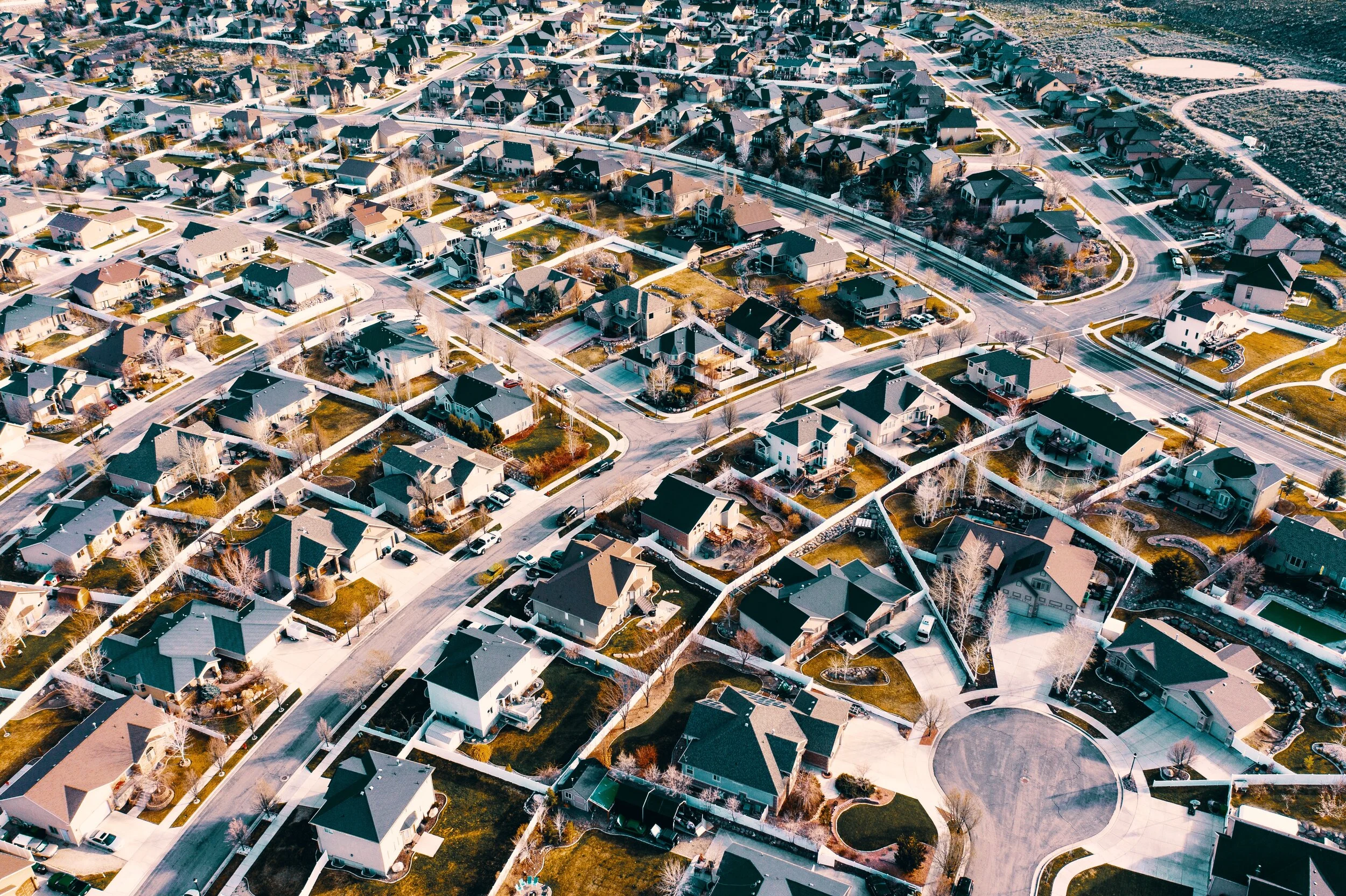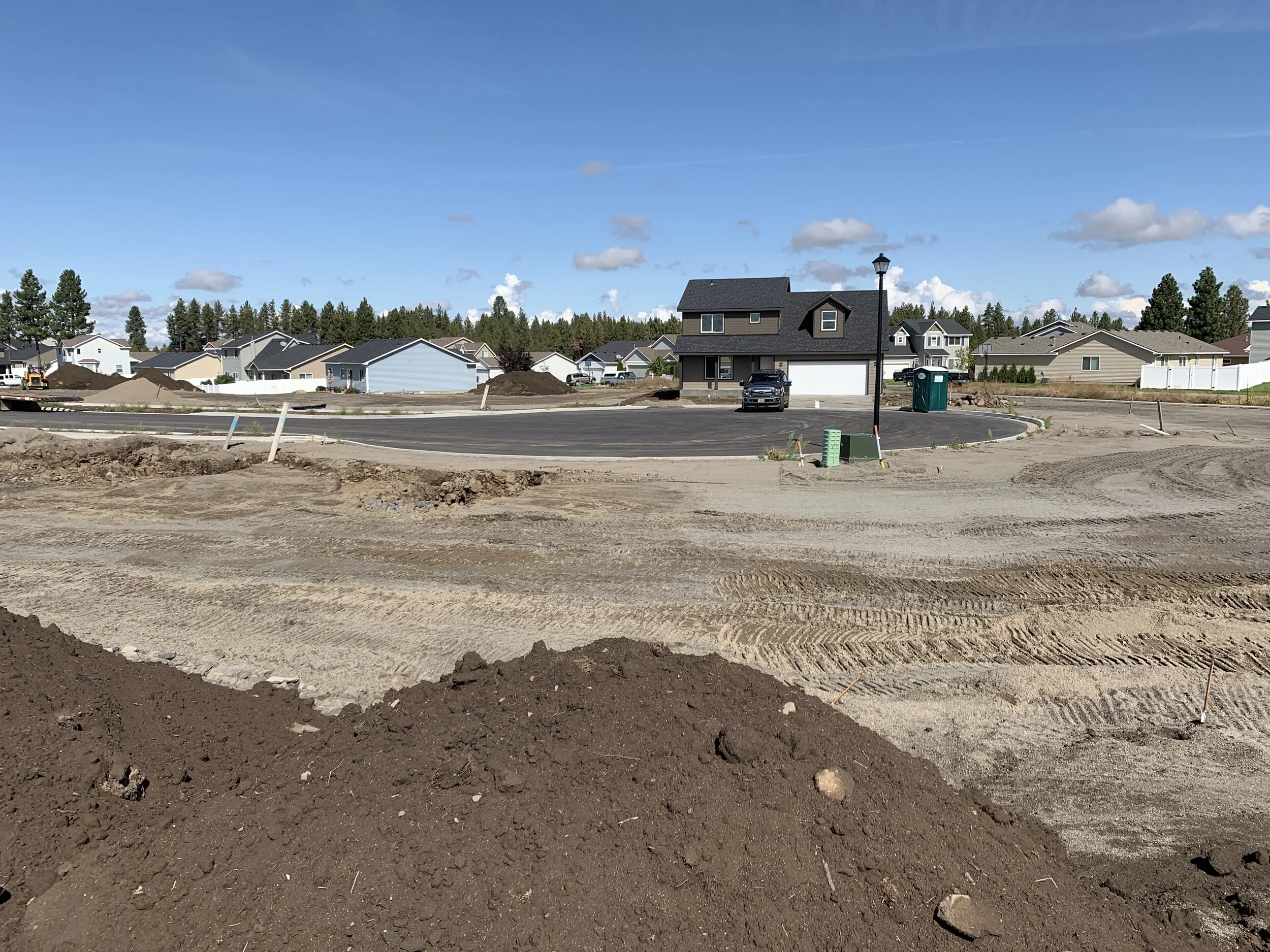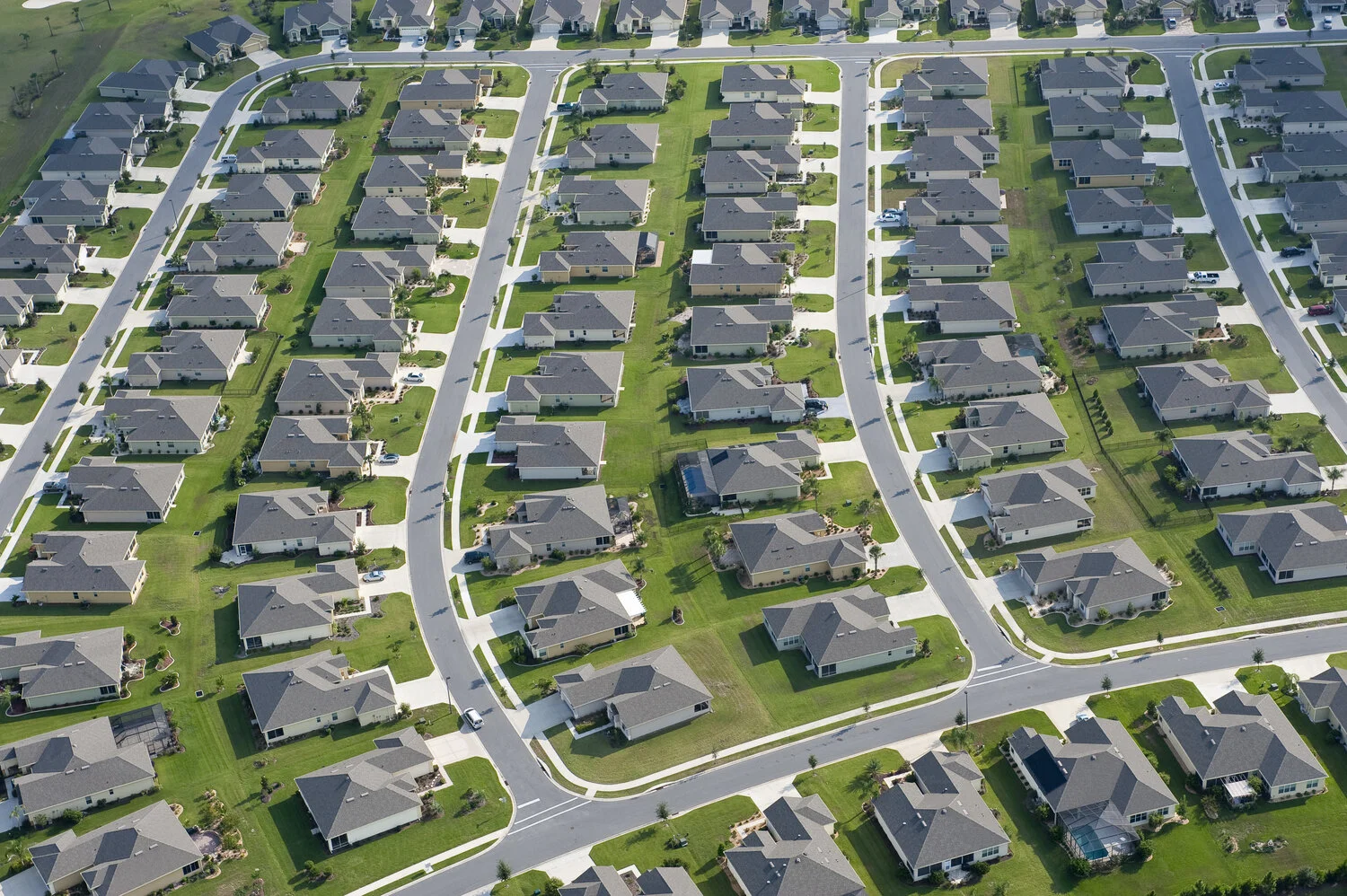COVID has changed the way people think about the future of office work. What does this mean for office-heavy downtowns?
Read MoreThis week on the Strong Towns Podcast, we’ve invited back a popular past guest and regular Strong Towns contributor: Johnny Sanphillippo.
Read MoreExploring the property market in Appleton, WI, reveals the ephemeral nature of the North American development pattern.
Read MoreCollier County's standards for new development on rural land repeatedly emphasize “innovative” growth...but when we look at their proposed mega-developments, it's really just business as usual.
Read MoreThe suburban growth model might as well be called an extractive industry: it deals just as much of a beating to communities that embrace it.
Read MoreHalifax spent decades pursuing the fragile-making suburban experiment. How should it move forward from here?
Read MoreWhat’s the cost of wasting 12 years?
Read MoreThe Suburban Experiment is pushing schools toward the edges of our communities. This comes at a cost—and not just to the bottom-line.
Read MoreCities are betting big on the Suburban Experiment, assuming the market or federal government will be able to bail them out. Those are bad bets and risky assumptions.
Read MoreWe won’t end the Suburban Experiment by denying that people enjoy living in the suburbs…or by telling them they shouldn’t enjoy it.
Read MoreThe way be build towns and cities in North America is a radical departure from how our ancestors did it (even a few generations ago) and how cities are built elsewhere in the world. Here are 7 key differences.
Read MorePlano, Texas is the unfortunate object lesson: We can’t solve the Suburban Experiment using the same kind of thinking we used when we created the Suburban Experiment.
Read MoreWe’ve never been able to afford the Suburban Experiment. But now that our 20th-century infrastructure needs to be repaired or replaced, the bills are coming due in an obvious way.
Read MoreThe entire suburban experiment is dependent on federal subsidies. What’s a truly conservative approach to growing our cities? Freeing them up to develop in ways that are adaptable, responsive to local needs, and economically resilient.
Read MoreA conversation with a judge after a jury trial reveals the less obvious—yet shockingly high—costs of the suburban experiment.
Read MoreThe work of building your Strong Town doesn’t end with a ribbon-cutting ceremony, because the work is never done. That shouldn’t be discouraging. Rather, it should give our efforts meaning and energy.
Read MoreKansas City was once described as the “Paris of the Plains.” Today it is the freeway capital of America. A look at the city’s history of gobbling up land on its outskirts shows why Kansas City could be considered a poster child for America’s radical experiment in suburbanization.
Read MoreThe special tax districts used to finance suburban expansion have been big trouble in past recessions. They’re worth watching now too.
Read MoreContrary to what has been asserted elsewhere, the suburbs are not about to have a renaissance. In fact, there are many reasons to believe we are nearing the end.
Read MoreFor most cities, the property taxes from single-family homes simply can’t pay the bills. One Minnesota mayor was remarkably blunt about that fact in a recent speech.
Read More



















